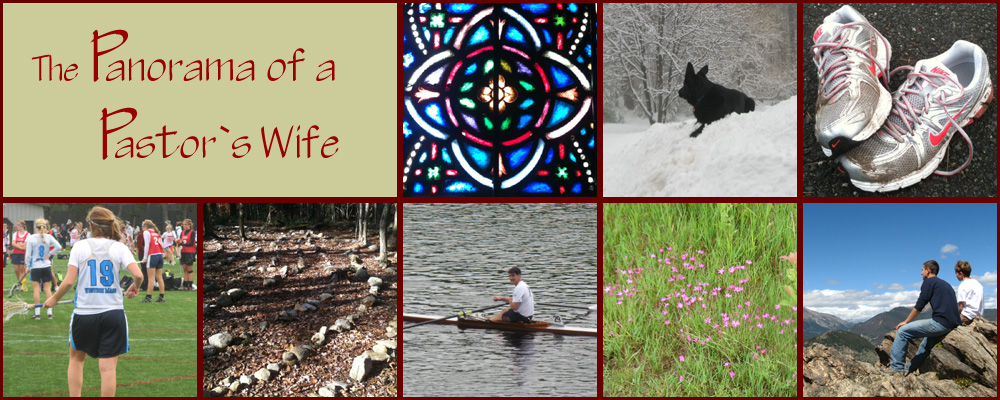Liking Them Apples
Some things in life come easily, slide into place, pour forth, work out.
Other things are damn stubborn and don’t want to budge no matter what you do.
This fall, apples growing on trees all over our neighborhoods have been in the former category. Have you noticed how heavy laden the branches were? I wish I’d taken more pictures to capture all that deep red color, everywhere. It was richness portrayed in fruit. Just by looking at it all, your spirit would swell.
I haven’t heard a good scientific explanation for the remarkable crop this year, have you? What I did hear is that the Farmers’ Almanac says that the more abundant the apples, the more likely we’ll have a snowy winter. Another one, I guess. Nature sure does work in mysterious ways: what could possibly be the connection?
Having noticed back in September that our tree out front was really producing, and that the apples were also delicious—firm and crisp—I collected a bunch, but just in kind of a preliminary way. Once my husband tasted one, he was enthusiastic too; soon, this enthusiasm led to ingenuity.
ingenuity.
One afternoon when he was home alone, he figured out that his drill could do a very good job of both coring and peeling the apples (don’t ask me how he did the peeling; suddenly I forget, but he did). The guy has always been kind of clever. Anyway, he also made a good applesauce, and we were off and running with our treasures.
It was kind of like instant video replay, actually, since we’d already been hard-pressed to harvest all those tomatoes from the back yard and pack them in the freezer. Don’t get me wrong…I’m not complaining. Again, this is life at its most generous. And we all know it can be otherwise.
The thing about apple-picking is that, at least when you have a really good tree, it can go on for a while, over a span of days or even weeks. Generally, you have to do it intermittently because, well, you have other activities too. Rob had gotten a whole lot of good fruit from the branches themselves. A couple of weeks later, I realized—with some urgency– that I’d better head out to see what was still salvageable on the ground before the evening frosts came.
Wow, was I ever rewarded. Expecting to see mostly bruised fruit, I found instead almost perfection. Here’s how many I got, just in about 15 minutes.
I found out that these babies are of the Macoun variety — definitely high quality. Of course now they’re still in my garage, awaiting more attention. But I’m getting there, probably even later today.
My old New Hampshire friend Robert Frost (no relation to the ice crystals that come at night) knew a thing or two about this activity. Here’s just a section of “After Apple-Picking”:
For I have had too much
Of apple-picking: I am overtired
Of the great harvest I myself desired.
There were ten thousand thousand fruit to touch,
Cherish in hand, lift down, and not let fall.
What a haunting poem this is, with familiar intimations of death amidst abundance.
Wanting to learn more about the original writing of it, I went to my bookshelf and dipped into a long-trusted biography I have—Robert Frost: The Years of Triumph, 1915-1938 by Lawrance Thompson (Holt, Rinehart and Winston; 1970). Turns out, years after he wrote the poem, Frost told his friend Charles Madison that it was one that came pouring out:
My word will be more or less taken for it that I played certain poems through without fumbling a sentence: such as for example November Days, The Mountain, After Apple-Picking, The Wood-Pile, Desert Places, The Gift Outright, The Lovely Shall Be Choosers, Directive. With what pleasure I remember their tractability. They have been the experience I couldn’t help returning for more of – I trust I may say without seeming to put on inspired airs. (p. 597)
 Wow, do I ever love the expression “played certain poems through without fumbling a sentence.” Can’t you just see a running back making his way down the field, ball grasped firmly in his arms, stopping at nothing? I think also of a tennis swing – all one fluid motion.
Wow, do I ever love the expression “played certain poems through without fumbling a sentence.” Can’t you just see a running back making his way down the field, ball grasped firmly in his arms, stopping at nothing? I think also of a tennis swing – all one fluid motion.
And he remembers the “tractability” of these poems. Oh yes, it’s no wonder that’s a memory to do some basking in. This word, one we don’t hear all that often nowadays, means the quality of something that’s easy to deal with, to manage or control.
Like near-perfect apples almost waiting to be picked up from the ground. Or a base-runner stealing second, beating the tag by a full second. Or falling in love with someone who’s just as much in love with you.
“Intractability”—that’s another story. For now anyway, let’s let it just stay stuck somewhere.


